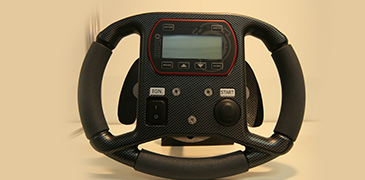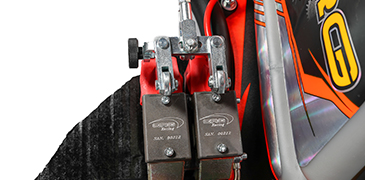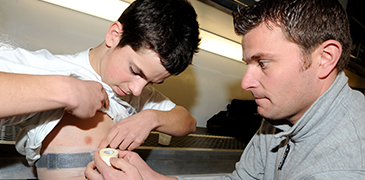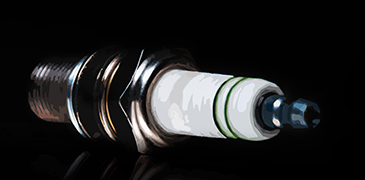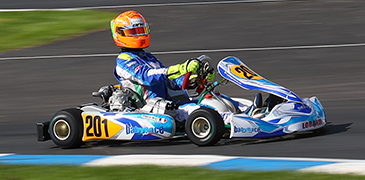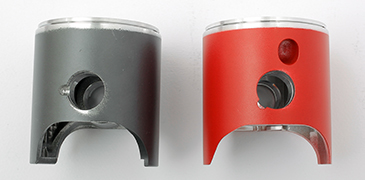Principiante
Utente che approccia per la prima volta il mondo del karting. Non ha mai avuto un kart proprio oppure lo possiede da pochi mesi. Gli mancano tutte le conoscenze di base ed elementari di questo sport e necessita di informazioni che gli permettano di orientarsi. Cerca risposte a domande come: come fare la miscela? Quali strumenti mi servono per gestire il kart? Quali sono le differenze tra la pressione di gonfiaggio delle gomme di un'auto e quelle di un kart? E come trasportare il kart in pista?
Praticante
Utente che pratica il karting da più tempo, gestendo personalmente il proprio mezzo. Conosce le nozioni di base di questo sport, ma desidera rimanere aggiornato sulle novità del settore e ricevere consigli per migliorare le proprie capacità di meccanico e pilota. Cerca risposte a domande del tipo: come installare sistemi di raccolta dati e leggere le informazioni base? Come gestire al meglio le pressioni delle gomme? Come affinare il rapporto del kart per migliorare le prestazioni? Il praticante potrebbe rimanere tale per tutta la vita, preferendo non affrontare questioni tecniche troppo complesse, ma continuando a migliorarsi e divertirsi nel mondo del karting.
Esperto
Si tratta di un utente praticante che non si accontenta delle conoscenze base di questo sport, ma vuole approfondire fino ai massimi livelli ogni singolo aspetto legato alla guida e alla tecnica. L’approccio è pressoché professionale. La discriminante è chiara: il praticante si ferma quando le attività relative al kart diventano complesse, come il cambio di un pistone o della candela, senza però cimentarsi in operazioni più avanzate come la lappatura della canna. L’esperto, invece, non si spaventa di affrontare questioni a complessità elevata, come per esempio equilibrare autonomamente l’albero motore o regolare l’anticipo.

 Exclusive Content
Exclusive Content
